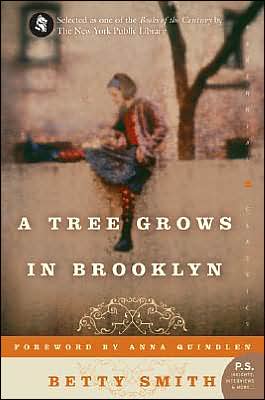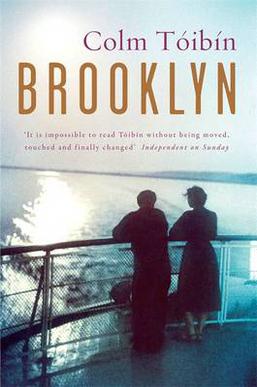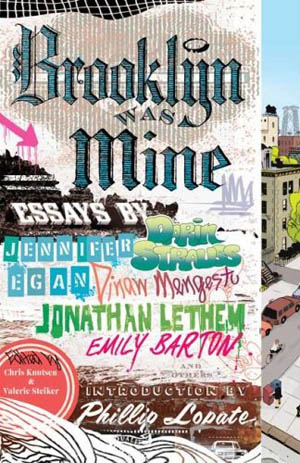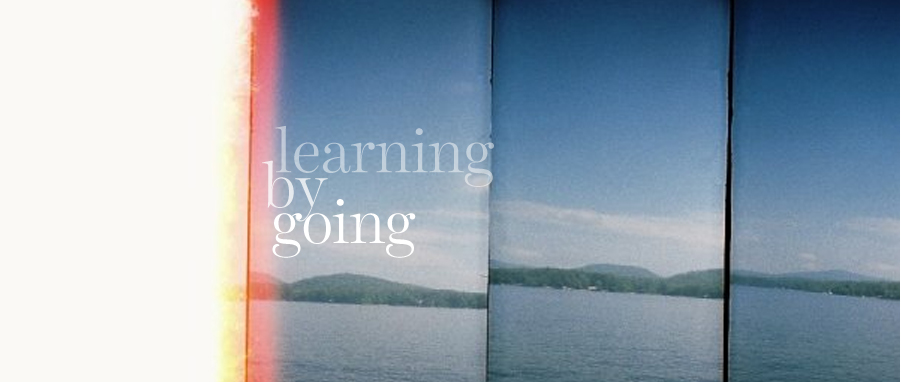Everyone thinks my 6-month-old daughter is a boy. She is the spitting image of her father, so if they catch a glimpse of him before they decide which pronoun to use, the situation is compounded. I don’t routinely dress her in pink---although I have to say it is a universally flattering color. I don’t scotch-tape or Velcro bows to the downy tufts on her largely bald head. I do consider her gender when picking out an outfit in the morning and never quite land on any particularly comfortable solution. On one hand, I want people to understand “who” she is and identify her as a girl. In this case, my impulse is to reach for something pink or even a dress. Often, I will select a pair of neutral pants with a pink drawstring, a relatively subtle item, so I don’t feel like the pressure is getting to me. On the other hand, I don’t want to kowtow to the notion that a baby girl should be a living doll. After all, she is only MONTHS old: How could we possibly have any idea whether she will be “girly” or a “tomboy” or anywhere else on that spectrum in her style or proclivities? The question of gender identity never fails to excite debate. Even within my own mind, I find it almost impossible decide how I feel about stereotypic gender roles. Some days, I am strongly convinced that gender identity (sexuality, a separate issue, could be an entirely different and equally hot topic) is ingrained or at least some interaction of genes and environment. At other times, I sense that the socialization of gender happens so early and is so pervasive in our culture that I am surprised anyone develops the free will to resist his or her prescribed role. My own experience bears this out . . . while the baby is still in utero, before it even joins the party, the burning question is, “Do you know what you are having?” People desperately need to begin with the categorization as soon as possible. I am just as guilty of this as anyone, fretting over a “gender neutral” baby gift for my sister-in-law.
When I was pregnant, we ultimately decided to find out the sex of the baby. In the abstract, I wanted to be one of those people who doesn’t need to know. I pictured myself indignantly telling inquirers, “We don’t need to relate to the gender of this fetus. You see, we are very progressive . . .” In reality, I was struggling to “plan” for her without knowing. It felt silly, but I wanted to decorate her room, buy her clothing and think about her future with at least this clue about who she might be. And the whole process of growing a human being is so bizarre, I felt much less like an alien pod with a sense of this label and all the things it (not necessarily) implies. Of course, we know that all bets are off when an actual person emerges from the womb.
In time, we may come to discover that Isadora is all tutus, all the time. She might bedazzle her dresser and have tea parties with the dog. It could also be the case that she adores trucks and machines. Like it or not, these are preferences we most closely associate with one gender or another. But what if she demonstrates an interest in astronomy, math, or dinosaurs? How about ballet, cooking, or child care? I want so much to be a parent that doesn’t automatically think of these as “boy” or “girl” activities. I would love to have a girl who excels in the sciences, beats her father at chess and has an amazing arm. More important, I don’t want to be surprised by the fact that she does any of these things.
As much as we’d like to believe that kids are a tabula rasa, it is virtually impossible to opt out of gender. Frankly, most children initiate their own affiliation with one gender or another before a parent has the ability to influence this in the slightest. I am constantly regaled with anecdotes from family and friends about how they dutifully tried to open the field for their female children by exposing them to a wide array of toys, games, clothes and experiences. In many of these stories, the girls immediately and stubbornly chose and clung to princesses, dolls, fairies and the like despite the efforts of the parents. This could be the effect of many factors outside the home or subtle cues inside the home or simply hard wiring.
Distilled down, the real issue for me is to ensure that our girl has lots of choices and feels secure making them. Her mother does flowers for a living---an industry typically associated with and dominated by women. As a young girl, I loved anything with glitter, rainbows, or sparkle and my favorite Muppet was Miss Piggy. I also played many sports and was an academic decathlete. I am aware that my modeling may or may not have much impact on how she develops. I just hope that if there is a tea party with the dog, I get an invite.





















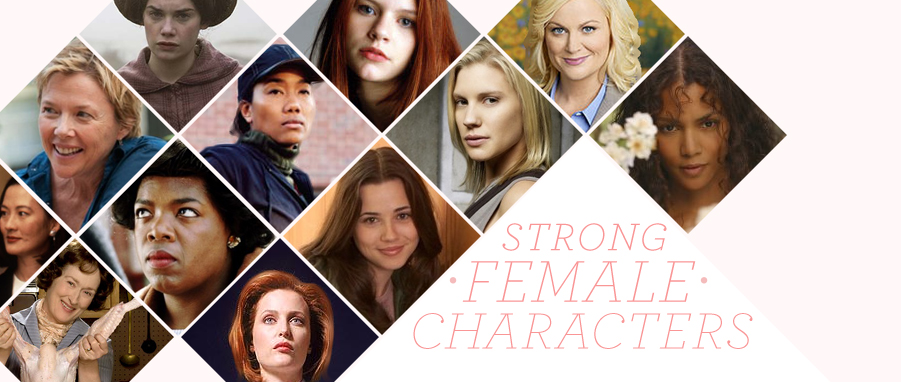


 Last week, my fiance James and I joined throngs of our fellow New Yorkers to watch To Kill A Mockingbird in Brooklyn Bridge Park. The scene was impressive. The lawn was full to overflowing with families and friends and, in the case of the duo in front of us, very amorous young couples. Many of them packed dinner picnics and set up a hodge-podge of sleek picnic blankets and dirty beach towels to take in the film and the sunset over the East River. I imagine half the crew was seeking refuge from their overly air-conditioned offices and the other half sought the cool breeze coming off the river after a day of sweating it out without any.
Last week, my fiance James and I joined throngs of our fellow New Yorkers to watch To Kill A Mockingbird in Brooklyn Bridge Park. The scene was impressive. The lawn was full to overflowing with families and friends and, in the case of the duo in front of us, very amorous young couples. Many of them packed dinner picnics and set up a hodge-podge of sleek picnic blankets and dirty beach towels to take in the film and the sunset over the East River. I imagine half the crew was seeking refuge from their overly air-conditioned offices and the other half sought the cool breeze coming off the river after a day of sweating it out without any.





